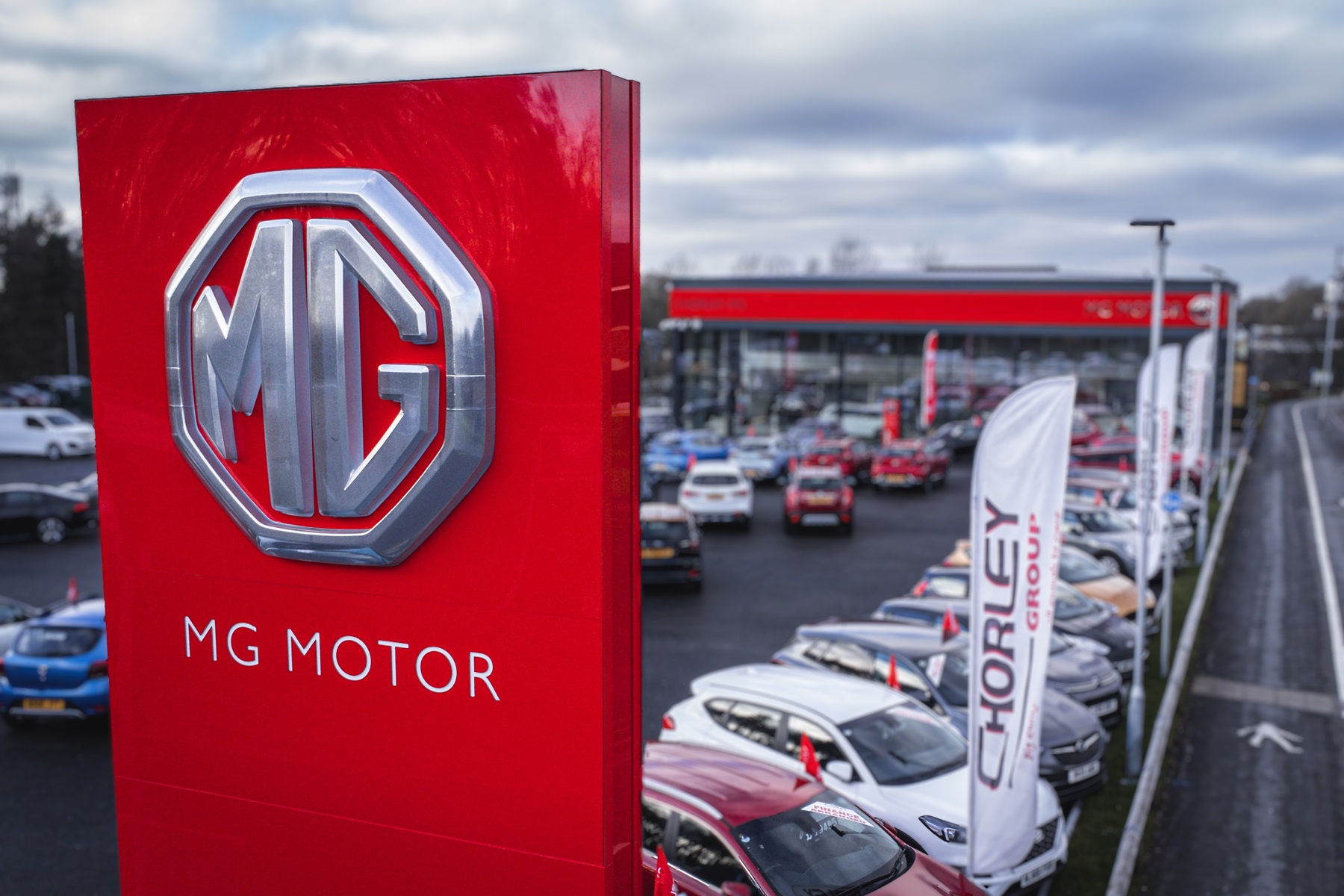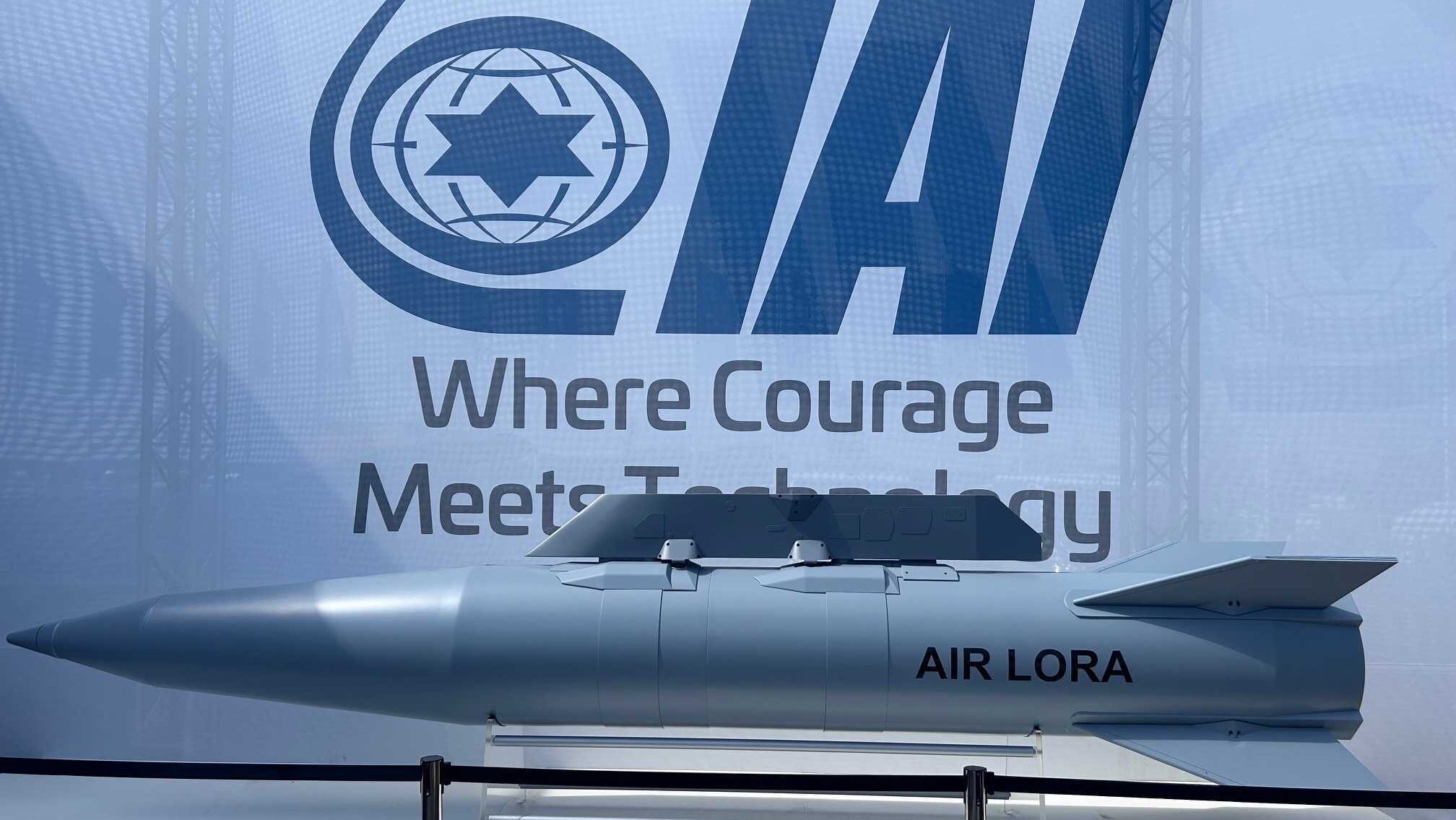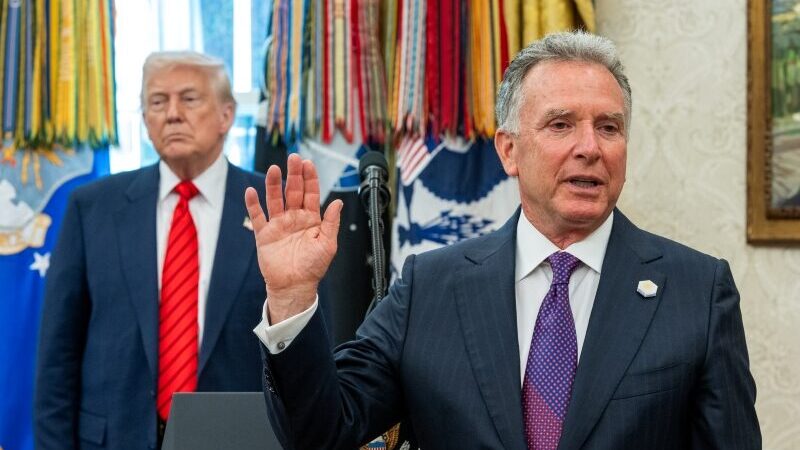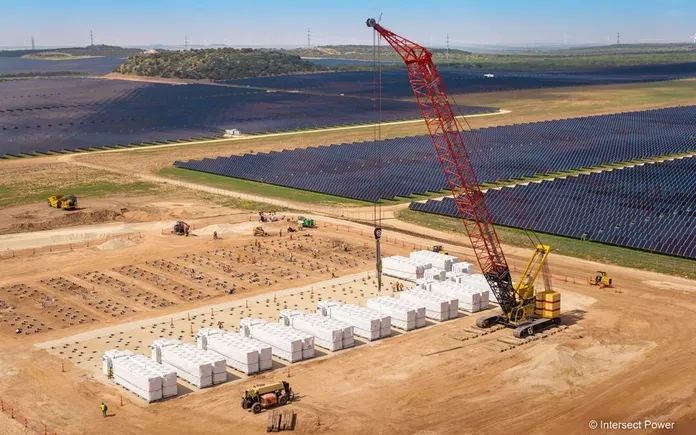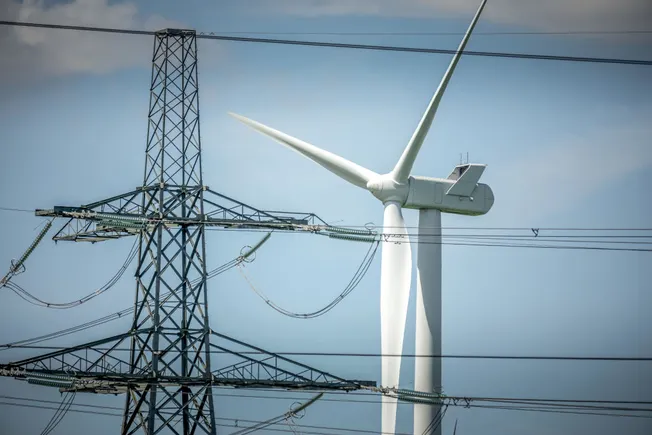Geopolitical upheaval tops new shipping concerns survey
For the second year in a row, the chief worry among maritime executives is political instability, according to a new industry survey. The post Geopolitical upheaval tops new shipping concerns survey appeared first on FreightWaves.

For the second year in a row, political instability remains at the forefront of maritime concerns, a reflection of the geopolitical tremors resonating through the globe, according to a new industry survey.
The 2024-2025 Maritime Barometer Report released by the International Chamber of Shipping paints a stark picture: with over 70 national elections impacting half the world’s population in 2024, the repercussions for maritime operations are profound. As the survey indicates, maritime leaders consistently rank political instability as the top risk, driven by the persistent winds of global conflict and economic upheaval.
Emanuele Grimaldi, ICS Chairman, who also heads his family’s namesake shipping empire, underscores the gravity of the situation.
“This geopolitical instability is reshaping our operating environments, creating cautious and uncertain commercial landscapes,” Grimaldi said in a preface to the report.
The sentiment is echoed across the industry, where a lack of confidence in handling political volatility continues to plague decision-makers, as highlighted by contrasting polls showcasing a drop in industry confidence.
Contributing to this volatility are significant policy shifts, particularly from the United States. Recent tariffs and trade investigations exacerbate existing tensions, complicating the global supply chain and challenging the shipping sector’s adaptability. The complexity of these dynamics is not lost on maritime executives, who are increasingly turning to Trade Disruption Insurance (TDI) to mitigate uncertain trade outcomes, reflecting a pragmatic yet cautious approach to an unpredictable future.
Cybersecurity: A growing storm
Alongside political concerns, cyber-attacks have consolidated their place as a critical threat. The digital backbone of maritime operations is under siege, with state-sponsored entities increasingly exploiting vulnerabilities. The International Maritime Organization (IMO) has voiced “grave concern,” alongside warnings from the U.S. Government Accountability Office about urgent cybersecurity vulnerabilities.
ICS survey data corroborates these apprehensions, ranking cyber-attacks as the second-highest risk. Allianz’s 2025 Risk Barometer further cements this position, portraying a landscape rife with cyber-crime and IT network disruptions. For maritime leaders, fortifying digital infrastructures and nurturing a culture of cybersecurity awareness across all levels of the workforce is not just prudent, it’s essential.
Administrative burden and trade barriers: The institutional quagmire
An increasing administrative burden looms large as one of the top risks identified in this year’s report. This escalation is attributed to a swirl of regulatory changes that shipowners must navigate. From European Union emissions trading schemes to IMO carbon intensity indicators, the regulatory landscape is dense and unyielding. Although there is a noted dip in confidence, there’s also a recognition among maritime stakeholders of the critical need to streamline compliance processes.
At the same time, barriers to trade continue to loom, intertwined with political and regulatory complexities. The dual pressures of protectionist policies and shifting trade alliances are forcing maritime leaders to reevaluate strategies and fortify supply chains against emerging disruptions. These barriers, though not new, have gained renewed relevance in the face of potential trade wars and economic nationalism — challenges the maritime industry must adeptly maneuver.
The green horizon: Decarbonization and alternative fuels
As the industry stands on the precipice of a green transformation, decarbonization efforts are gaining momentum, albeit cautiously. The report highlights a commitment to sustainability, with maritime leaders expressing mixed sentiments towards the viability of alternative fuels. While liquefied natural gas (LNG), heavy fuel oil (HFO) with abatement technology, and biofuels emerge as frontrunners, alternative solutions such as methanol and ammonia are gradually gaining ground.
The ICS findings reveal a precarious balance between the allure of tried-and-tested fuel options and the promise of innovative green technologies. Methanol and ammonia offer enticing possibilities, yet concerns over infrastructure and safety remain hurdles to their widespread adoption. Nonetheless, shifts toward cleaner fuels signal a promising trajectory, albeit one contingent on sustained regulatory support and financial investment.
Attitudes toward climate concerns
Climate concerns remain a constant undercurrent in maritime planning, woven deeply into the industry’s decision-making process. While leaders acknowledge the sector’s environmental impact, tapping into sustainable practices presents a combination of challenges and opportunities. The ICS survey delineates a hopeful yet guarded stance: that confidence towards handling green regulations is growing, even as the specter of mixed public funding damps some enthusiasm.
Technological advances and regulatory progress at forums like the IMO’s Marine Environment Protection Committee offer glimmers of optimism. Likewise, greater collaboration between public and private sectors could galvanize the needed leap toward sustainable maritime practices, echoing the sentiments of many surveyed industry stakeholders.
Charting a course forward
The report delivers a holistic portrayal of an industry poised at a crossroads. Political instability, cyber threats, regulatory pressures, and the drive for sustainability converge to present both formidable challenges and unprecedented opportunities for change. Industry collaboration and a collective push for resilient frameworks are more vital than ever, shaping the course for a maritime future that is greener, safer, and more adaptable to an ever-changing world ecosystem. Said Grimaldi, “Above all, collaboration and communication are key.”
Find more articles by Stuart Chirls here.
Related coverage:
Early peak coming as trans-Pacific container rates double
Retailers see cargo surge coming
WATCH: Four crew missing after container ship explosion off coast of India
Trac Intermodal preps 200K chassis for China container surge
The post Geopolitical upheaval tops new shipping concerns survey appeared first on FreightWaves.





























